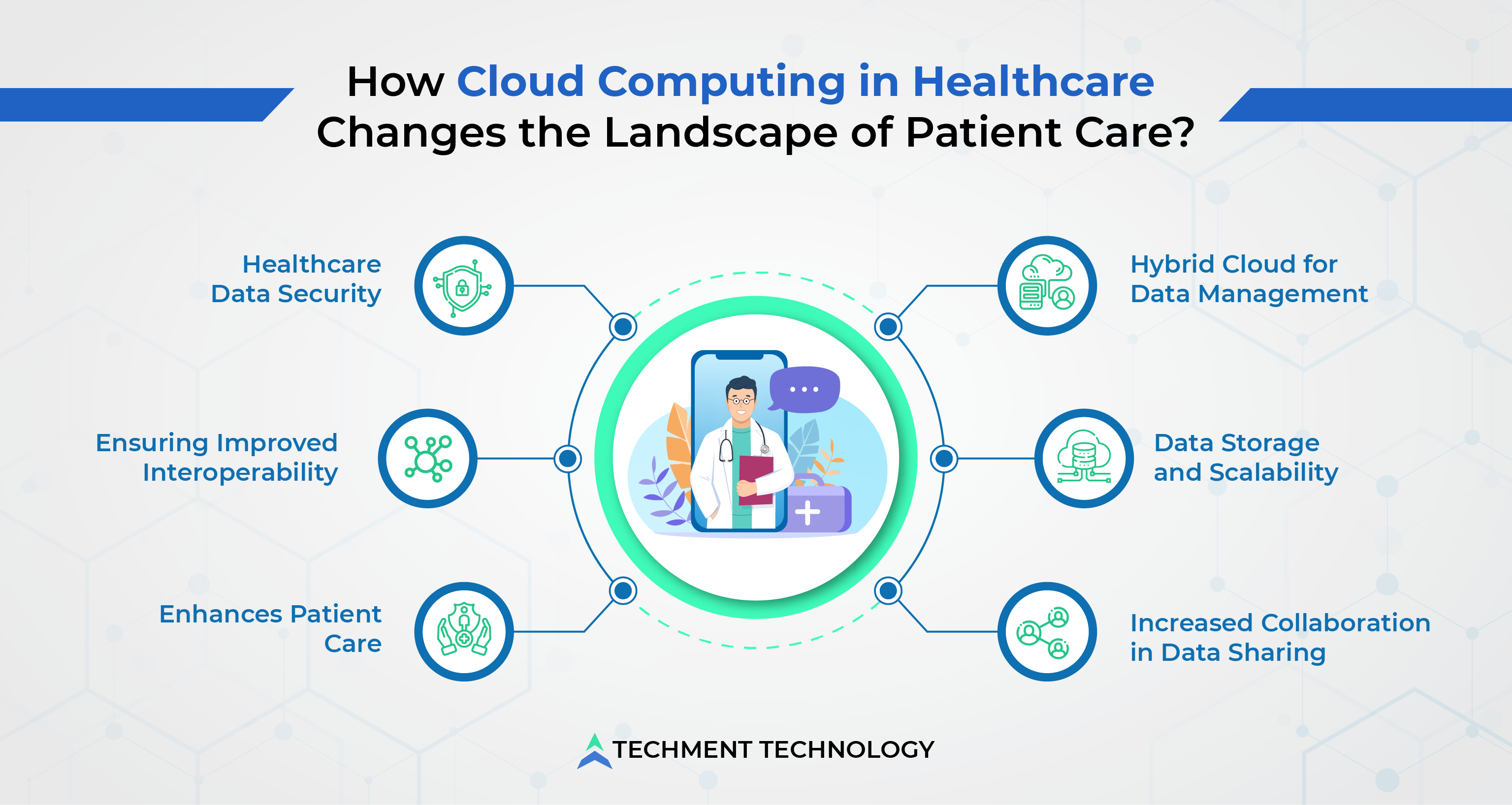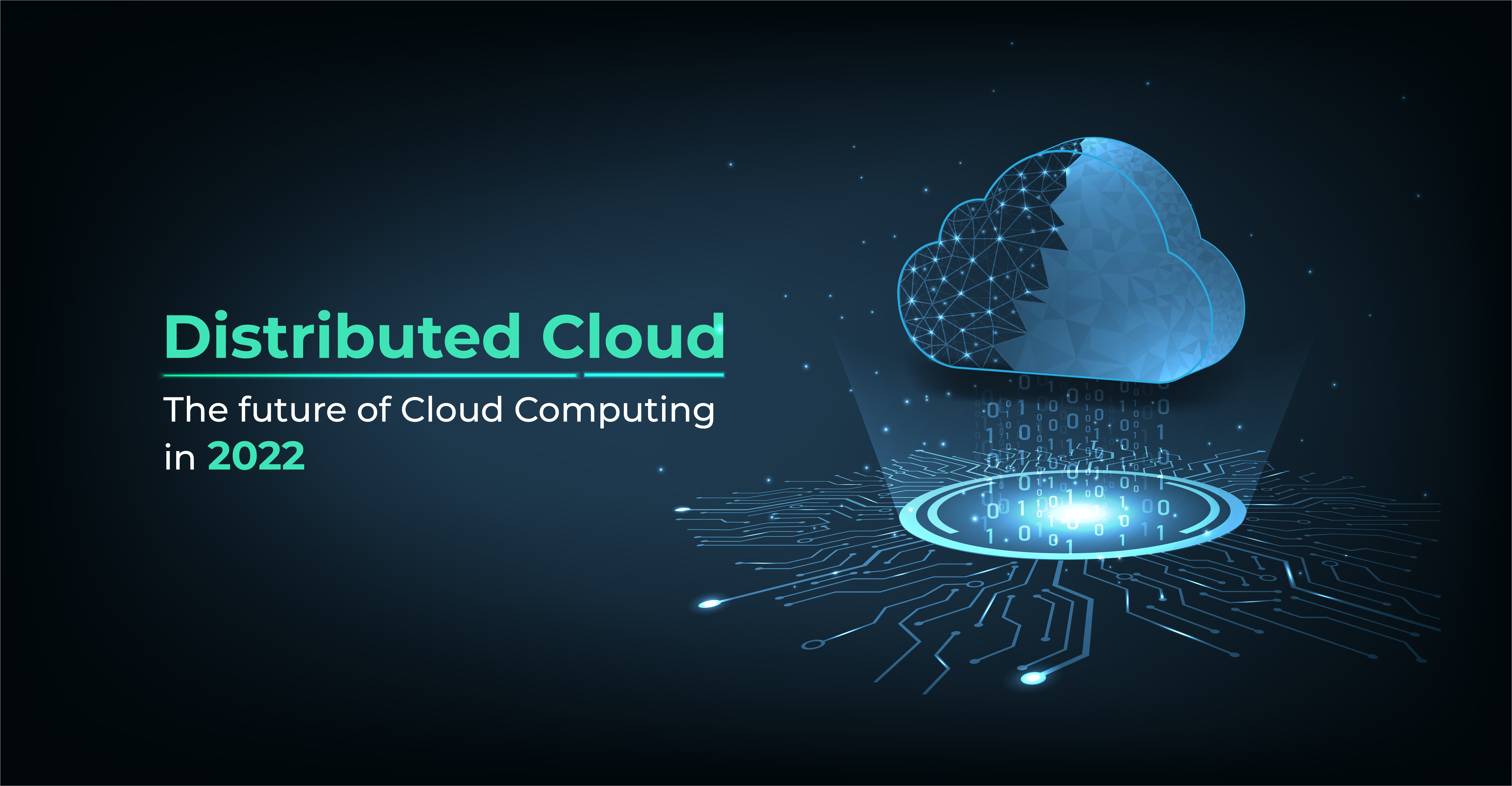Cloud Computing Provides Agility in Remote Healthcare Solutions
Cloud Computing has established a new doctor-patient relationship with remote monitoring technologies, allowing healthcare providers to access bulk data of nursing records, testing records, etc. Hospitals lacking access to cloud service grapple to manage these data from different sources. Cloud solution offers flexible solutions to healthcare professionals by leveraging a network of remotely available servers to access data in a secure environment, streamlining the process of collaborative care, providing access to data storage solutions, and others. According to the study of Mordor Intelligence, healthcare cloud computing is expected to reach USD 71,730.64 million by 2027, registering a CAGR of 14.12% during the forecast period 2022-2027.
The shortage of healthcare workers, mass demand for services, and lack of coordination between service providers added to the factors of the need for cloud computing. The expectation for remote care added to the demand for cloud computing, this needed faster implementation and upscaling of the cloud in healthcare across a range of different settings. Cloud computing in healthcare leads to implementing a suite of integrated healthcare solutions such as enhancing patient experience, interoperability, providing security, enabling professionals to detect and respond to population health threats, telehealth, exchange of health related data such as EHR (electronic health records), and others for reimagining the care delivery.
The cloud market in healthcare can be segmented according to application, deployment, services, and end-users. Defining priorities as to why a healthcare provider wants to move to cloud computing is important, like if an EHR system needs to be frozen under huge loads, or moving towards digital documentation like cloud-based billing, securing patient data, dealing with compliances, etc. Hence, cloud computing benefits the healthcare industry with greater agility in the form of flexibility, mobility, and scalability, and opens the door for new channels for patient outreach and personalization care plans.
How Cloud Computing in Healthcare Changes the Landscape of Patient Care?
Cloud in healthcare has never been more indispensable than it is today in the wake of the most disruptive global pandemic. Adopting the right cloud partner, cloud services, and cloud infrastructure for support will have the following vital impacts:

- Healthcare Data Security: The Healthcare industry always seems to deal with heavy volumes of patient data records, health survey data, administrative data, and others, so they opt for cloud services for storing information and data sharing remotely. For this, private cloud service providers have started recognizing HIPAA compliance (Health Insurance Portability and Accountability Act) because the industry contains a bulk of patient health records (PHI), electronic health records (EHRs), and other information. The technical policies covered in HIPAA, ask to cover the integrity control, or the measures put in place to confirm that ePHI is not altered or destroyed.
The technical safeguard is network safety that ensures HIPAA compliant hosts protect against unauthorized access to data transmission, including ails, internet, or other private networks.
- Ensuring Improved Interoperability: Cloud’s greatest strength is ensuring interoperability with APIs (application programming interfaces) which provide a critical advantage to EHR systems. Data stored in EHRs find their way through APIs which fits in platforms. Open API standards build strong and continued data interoperability in healthcare for faster insights to improve patient outcomes. For this, healthcare IT works with stakeholders across the ecosystem i.e., providers, patients, insurers, and tech providers to unlock the possibilities of data sharing and make it more interoperable.
In telehealth platforms, providers are delivering interoperability solutions for delivering 100% live access to patients from any remote location and ensuring physician mobility. A similar service is provided by FHIR Works on AWS where organizations can add different functionalities and customize them to best serve the use cases.
- Enhances Patient Care: Cloud adoption enables healthcare to scale up infrastructure to support patient care needs through the virtual meet, telehealth, etc. This helps to break down data silos across organizations and multiple stakeholders. Real-time data streaming is possible with cloud adoption that provides access to patients with cloud-based image archiving and deploying AI to analyze medical images to detect diseases early.
- Hybrid Cloud for Data Management: A hybrid cloud makes it possible to improve the scalability and flexibility of healthcare applications and data by combining the data of the cloud and on-premise infrastructure. Like Microsoft 360 provides office and email productivity, Oracle provides better resource planning software, and Google Cloud Platform better serves the purpose of data storage and vision of healthcare data security and its outcome.
- Data Storage and Scalability: Cloud computing provides limitless scalability and flexibility by allowing the creation of servers and the industry is embracing it with varied enthusiasm. During higher clinical footprint, they can scale up storage capacity, and remove the same according to need. For large file formats and unstructured data, the cloud considers the object storage method to address the requirements. Here each piece of data is separately stored as a storehouse and bundled with metadata, and has a unique identifier for easy access and retrieval.
- Increased Collaboration in Data Sharing: Advances in data sharing made it possible for researchers to share data across multiple healthcare organizations. Blockchain has revolutionized data sharing where each node of the database can be owned by different stakeholders and yet all the updates to the database eventually converge resulting in a distributed single version of the truth.
Blockchain transactions are carried out using smart contracts that function with business rules of underlying data, making it more reliable and secure for data sharing.
Cloud computing in healthcare enables specialists to collaborate on tough cases and achieve better outcomes. Cloud is nothing short of a revolution in healthcare as it holds a key to unlocking new exciting trends in medical science.
Conclusion:
Collaboration of Hybrid Cloud Provide will Become Niche of Healthcare
As the pandemic swept away old constraints of healthcare, digital innovation rushed in, collecting, storing, and sharing data on the cloud, enabling the healthcare industry to fit in a new era. Secure and virtual access to clinical data and clinicians has become table stakes to meet challenges and goals in the industry with cloud computing.
In the coming time, providers need to pay attention to how third parties will access patient data with their cloud partners in business. Those cloud providers will be favored who understand the healthcare compliance landscape and are ready to meet the challenges with time. Collaboration relies on cloud computing, and to meet the rising patient expectation around the globe, secure data sharing in a hybrid cloud will be employed with partners. This kind of collaboration is an accelerant that can spark breakthroughs for healthcare solutions to spring up. The future of healthcare looks bright with clouds on the horizon!
With more than 9 years of experience in developing various technical solutions, Techment Technology looks forward to bringing positive changes in the healthcare domain using cloud computing. After serving clients with different cloud solutions, we know how to tweak the cloud computing pipelines for specific business needs and avoid risks. For more details on our cloud solutions,
get in touch with us.
 All Posts
All Posts


